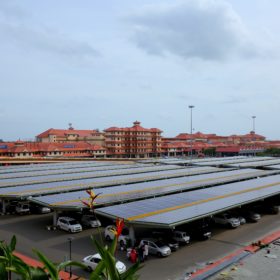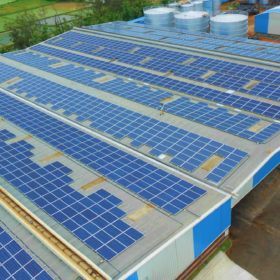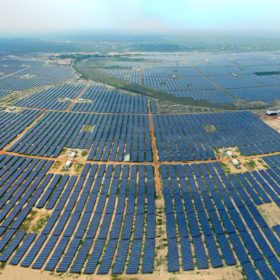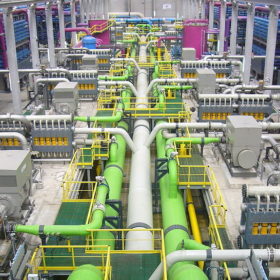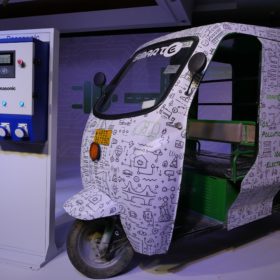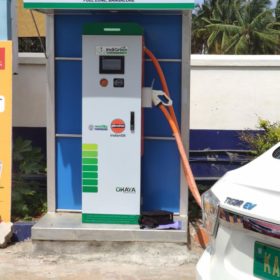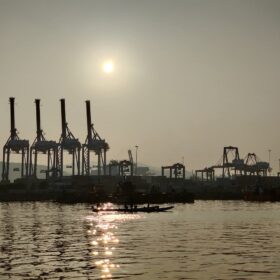AAI, NTPC sign MoU to make airports 100% solar-powered
Initially, solar plants shall be set up at airports in Tamil Nadu and Rajasthan, which require a PV capacity of around 55 MW and 8 MW, respectively, to become 100% solar-powered.
Rooftop solar market in 2020
It has been a rocky year for installers with issues like availability of modules from Chinese suppliers, restricted construction due to local lockdowns, and uncertainty over import duties. Going forward, the market could see a dramatic rebound if net-metering is allowed with a current cap of 1 MW and re-introduced in the states that have shifted to gross-metering.
Adani Green Energy arm commissions 50 MW solar project
The latest addition takes Adani Green Energy’s operational renewable energy capacity to 2,850 MW, including 2353 MW under a joint venture with French oil and gas major Total.
PV powered desalination is “the most competitive design”
Scientists in France conducted an analysis on the competitiveness of water desalination, taking a large scale project planned for Morocco as a case study. The research concludes that PV without storage is the cheapest option to power desalinators, and will likely remain so until at least 2030.
NTPC tenders for solar EPC contractors and developers
The state-run power company has invited engineering, procurement and construction services contractors and developers to bid for its solar project contracts, excluding the supply of PV modules. Applications can be submitted until November 19.
Electric vehicle adoption in India will be led by three-wheelers
Electric vehicles will account for 65-75% of new three-wheeler (3W) sales by 2030. Intra-city transport buses will see 25-40% EV penetration and two-wheelers 25-35%. In four-wheeler passenger vehicles, the market will be driven by shared mobility, while just 10-15% of new car sales for personal mobility will be electric.
Gujarat’s transformation in electricity sector
A TERI paper details how the state’s inefficient electric utility transformed into one of India’s most high-performing electricity distribution companies. The study provides a learning opportunity to other sector stakeholders from India and overseas.
State-owned renewables funding body aims for Rs2406 crore income this year
The Indian Renewable Energy Development Agency provides loans for clean power and energy efficiency projects. Its gross income in the last fiscal year rose to INR2372 crore – around 17% growth over the previous year’s INR2022 crore.
Indian researchers create bio-inspired algorithm for MPPT optimization
Indian researchers have created a hybrid salp swarm algorithm to optimize MPPT tracking in PV systems under partial shading conditions. It is based on the swarming behavior of salps in the ocean.
Okaya Power to install more than 10,000 EV charging solutions
The New Delhi-based energy storage manufacturer has AC/DC charging stations and off-board charger solutions in its e-mobility product range.
